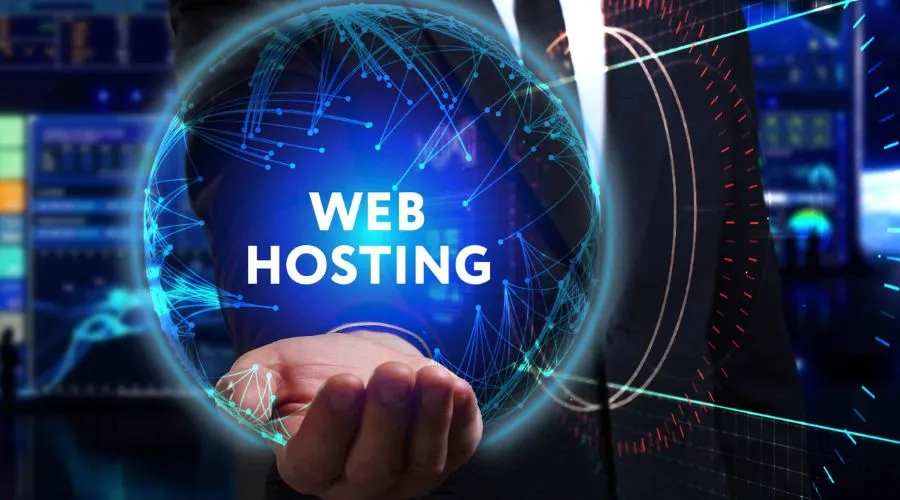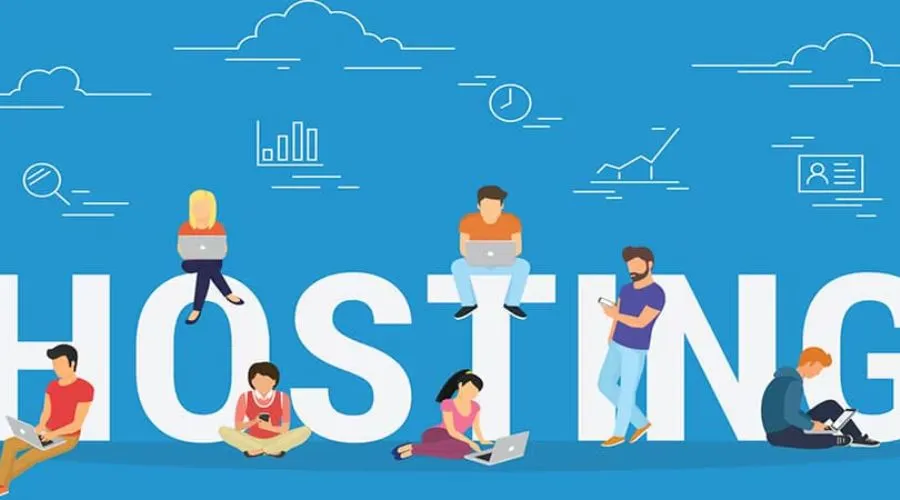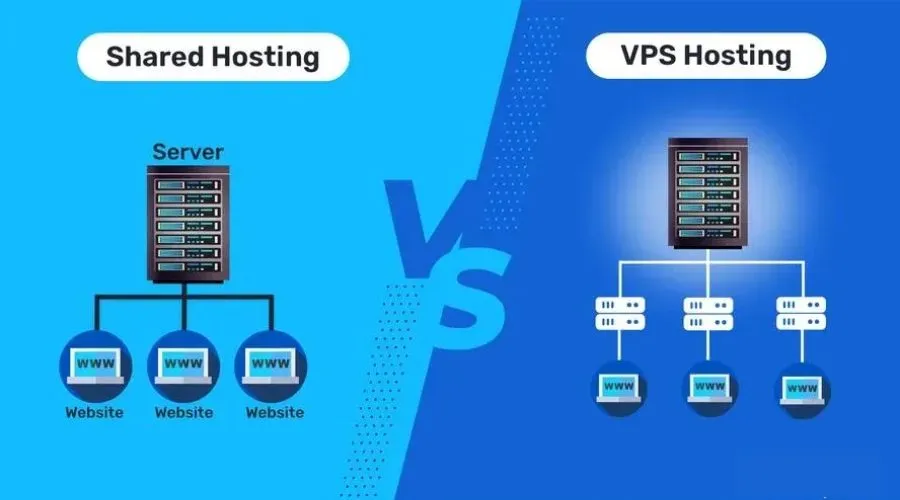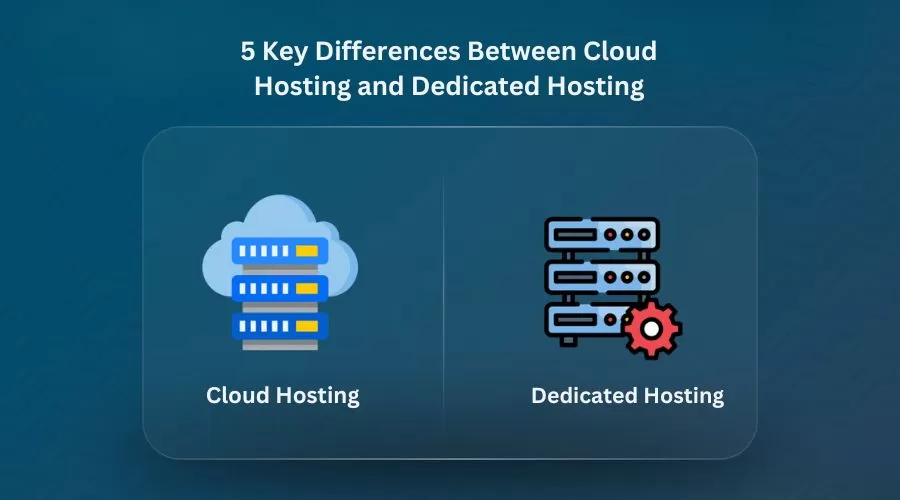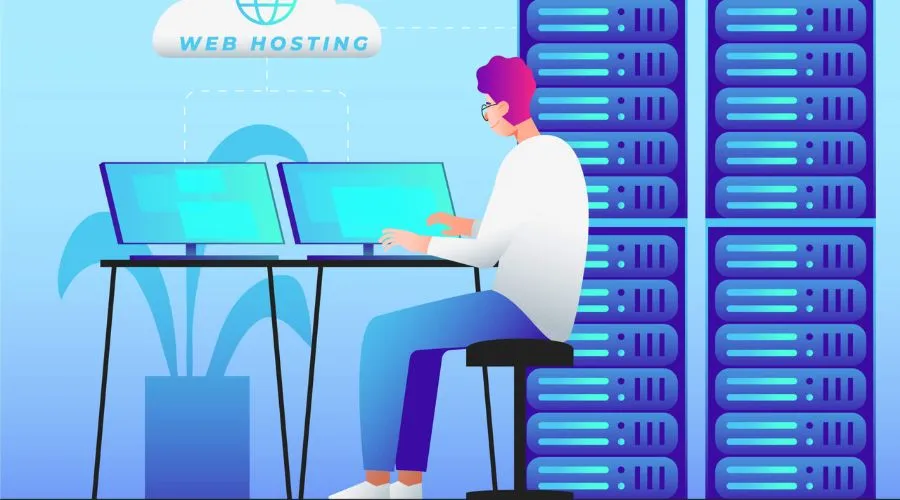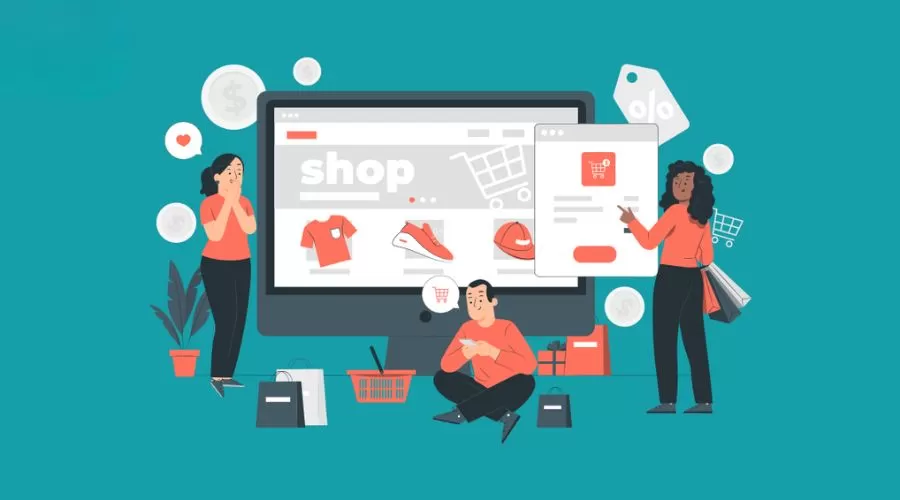Are you worried about your online privacy? We all know that privacy is paramount these days. The threat from hackers, spies, and others is increasing day by day, so your personal information needs to be protected from these threats. Every time we log into a browser to perform some task, be it socializing, work, shopping, …
7 Ways a VPN Protects Your Online Privacy
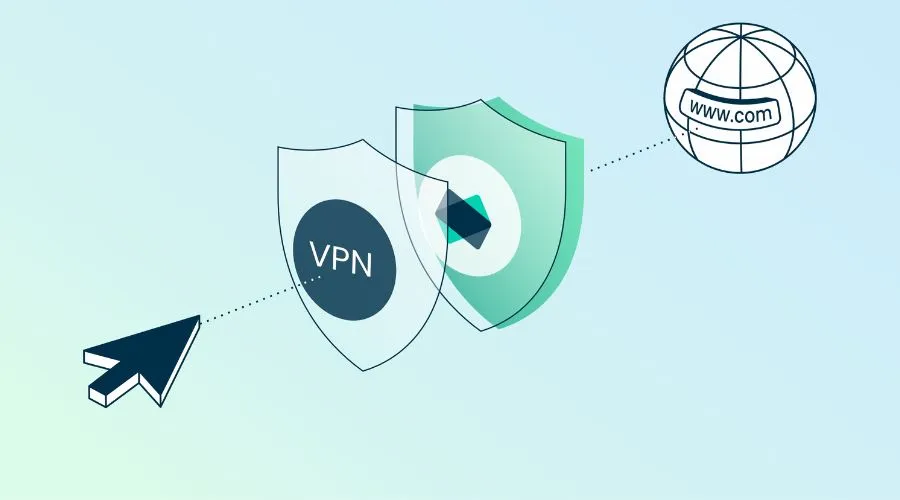
Are you worried about your online privacy? We all know that privacy is paramount these days. The threat from hackers, spies, and others is increasing day by day, so your personal information needs to be protected from these threats. Every time we log into a browser to perform some task, be it socializing, work, shopping, or entertainment, we must protect our privacy. One of the most effective ways to protect your privacy is by using a virtual private network, known as a VPN.
If you are looking for the same information, you have come to the right place. In this blog, we will discuss 10 ways VPN protects your personal information.
Here are 7 Ways a VPN Protects Your Online Privacy:
What is a VPN?
By encrypting your internet connection, a Virtual Private Network (VPN) service enables anonymous web browsing. Your data is sent over a secure tunnel when you connect to the internet through a VPN server, making it practically difficult for outside parties to monitor your online activity or intercept your data.
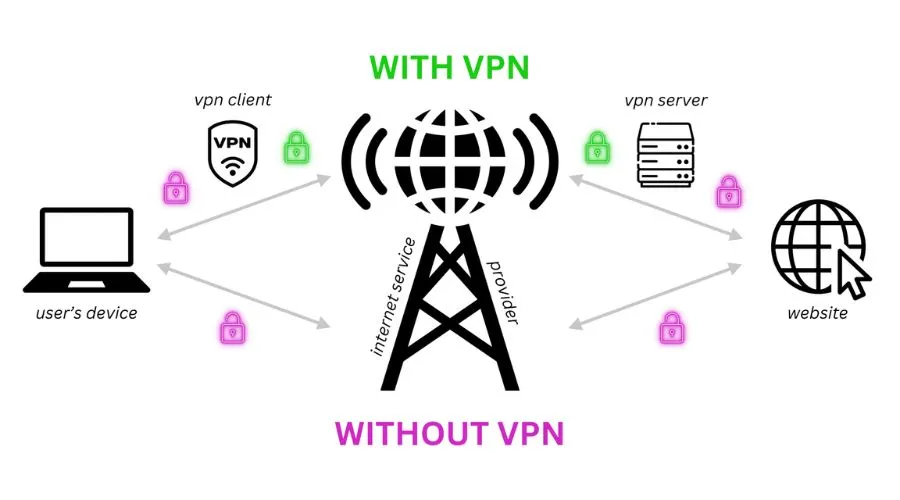
1 Encryption of Data
Your internet traffic is encrypted when you use a VPN, rendering it unintelligible to anyone attempting to intercept it. When sending emails, making purchases online, and browsing, a VPN protects your private information, including passwords, credit card details, and other sensitive data. You are therefore totally safe from hackers.
2 Anonymity and Privacy
A VPN allows you to access the internet without revealing your name or physical location by hiding your IP address. This ensures a higher level of privacy and makes it much more difficult for websites, advertisers, and malicious organizations to track your online activities.
3 Bypassing Geo-restrictions
Another reason a VPN protects your online privacy is bypassing Geo-restrictions. By enabling you to access websites or streaming services that are prohibited in your area, VPNs can also assist preserve your privacy. You can gain access to blocked content by pretending that you are using a VPN server in another nation to access the internet from that place.
4 Protection of Public Wi-Fi
Insecure public Wi-Fi networks, such as those at coffee shops and airports, make it simpler for hackers to intercept your data. Even on these weak networks, a VPN protects your data by adding a layer of protection when utilizing public Wi-Fi.
Read also: 5 Reasons Gamers Should Use a VPN
5 Prevention of ISP Tracking
Your online activities, including the websites you visit and the data you use, are visible to your Internet Service Provider (ISP). By preventing your ISP from tracking your browsing history, a VPN helps keep your online activities private.
6 Reduce support costs
A business may be able to lower server maintenance costs by using a VPN since support can be delegated to outside service providers, who can offer a lower price structure because of their large clientele.
7 Provide network scalability
As an organization grows, it becomes more difficult to set up a dedicated private network. Businesses can use Internet-based virtual private networks (VPNs) to access existing network lines and functions. This can improve service quality and coverage, especially in remote and isolated locations.
Conclusion
The above-mentioned are a few ways VPN protects your online privacy. In this era where numerous breaches and cyber threats are happening, securing your privacy is essential. Using a VPN allows you to enhance your security. So, what are you waiting for? It’s time to enhance your security by using the right service.
FAQs
How does a VPN protect your online privacy?
By establishing a secure tunnel between a user’s computer and the VPN server, a VPN conceals the user’s location and online activities.
How can a VPN keep you safe online?
VPN keeps you safe by encrypting your data so that no one else can see the data.
What are the benefits of a VPN?
Provides privacy and autonomy, and hides browsing activity, identity, and location
Are VPNs 100% secure?
Yes, it is secure, but isn’t 100% secure.
What is the full form of VPN?
Virtual Private Network


